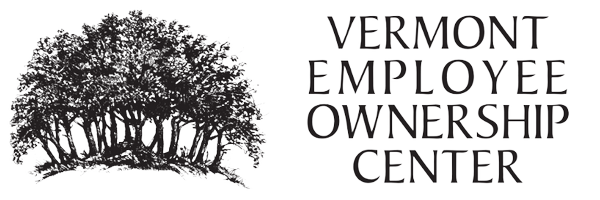Employee Stock Ownership Plans, or ESOPs, were designed as a way to put ownership into the hands of American workers. Begun in 1974 with the passage of federal laws, ESOPs comprise an estimated 11,000 companies in the U.S., employing an estimated 11.5 million workers. The laws enacted to encourage employee ownership allow certain incentives for lenders, selling owners, and ESOP companies. The tax advantages of ESOPs often make them a lower-cost source of corporate financing than conventional sources.
What is an ESOP?
- An ESOP is an ERISA-qualified employee benefit plan that invests primarily in stock of the sponsoring company.
- It is a qualified retirement plan, like a profit sharing plan, which is able to borrow money. Allocations to individual employees' accounts are typically based on salary.
- ESOPs are often used in closely-held companies to buy some or all of the shares of existing owners.
- As a qualified plan, it is subject to the retirement plan qualification rules in the Internal Revenue Code and under the Employee Retirement Income Security Act ("ERISA").
How does an ESOP Work?
- Employees have indirect ownership as "beneficial owners" of company stock through a trust which invests primarily in "employer securities" for the benefit of eligible employees.
- The company contributes to the plan — not the employees.
- Contributions are tax deductible.
- Employee voting rights can be, but don't have to be, limited to major company decisions.
- When employees leave, they are paid out their account balances, based on the value of the company stock which is determined annually.
Benefits of ESOPs
- An ESOP creates an opportunity for an owner to diversify his or her investment holdings away from the business and establishes a market for stock which can be useful over time.
- It can also be a tax-advantaged corporate financing tool.
- For an S-corporation there are additional benefits; in the case of a 100% ESOP-owned S-corporation there is no Federal income tax.
- An ESOP can be used to motivate employees to think and act as owners in the way they do their jobs every day.
- Employees benefit from an added source of retirement savings.
- Persons who sell at least 30% of the shares in a business to an ESOP are exempt from capital gains taxes if the gain is reinvested in U.S. securities.
Additional Resources



